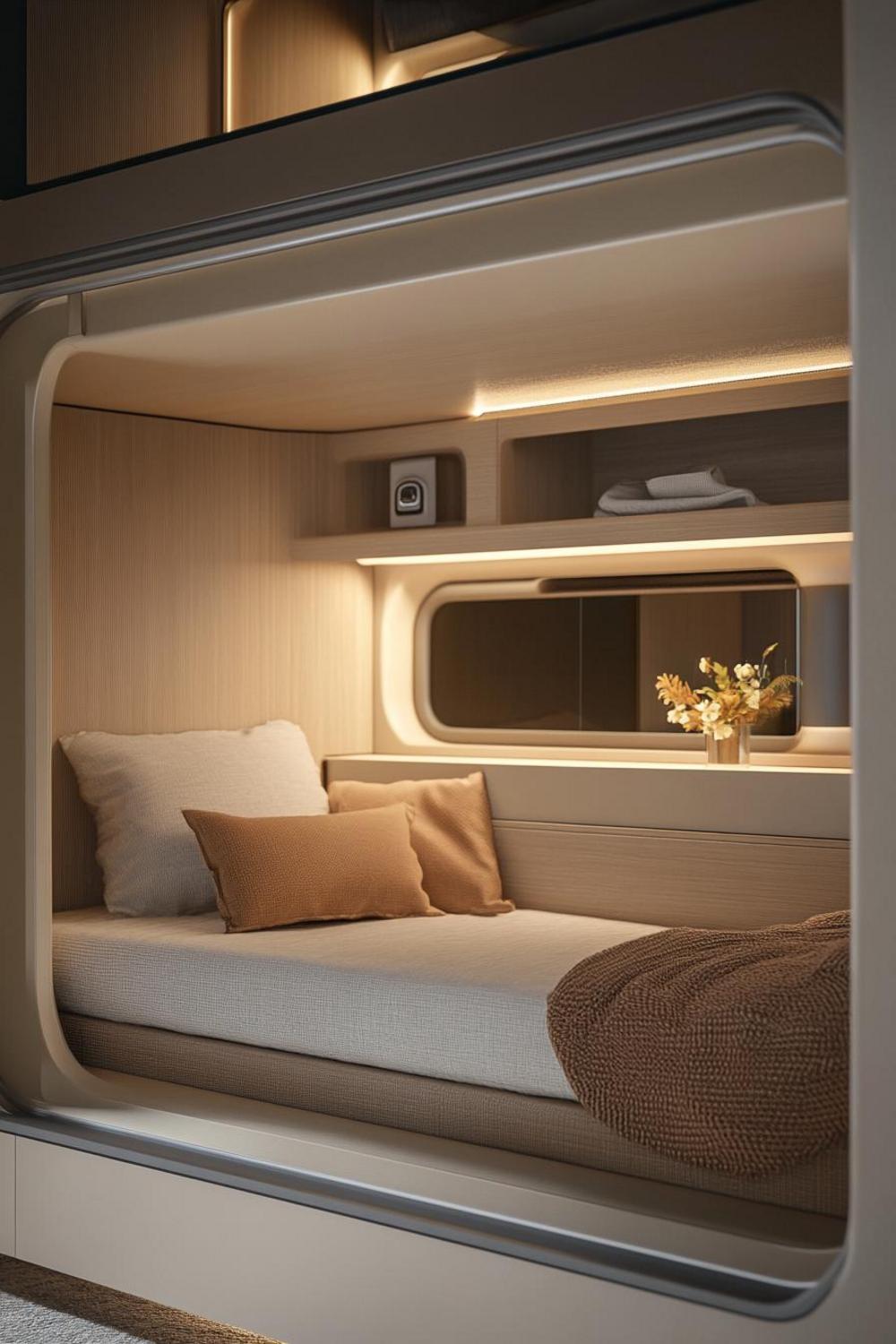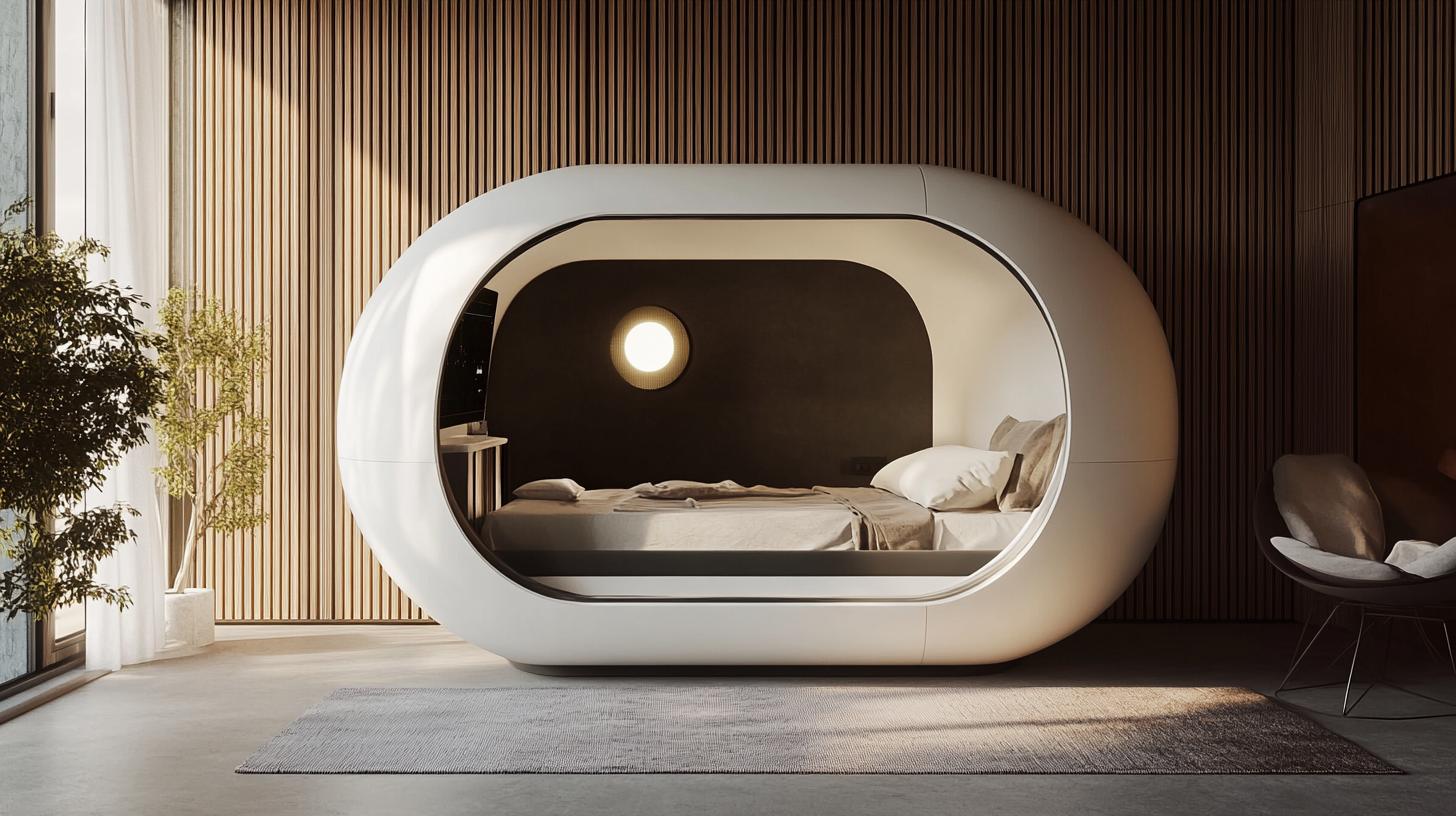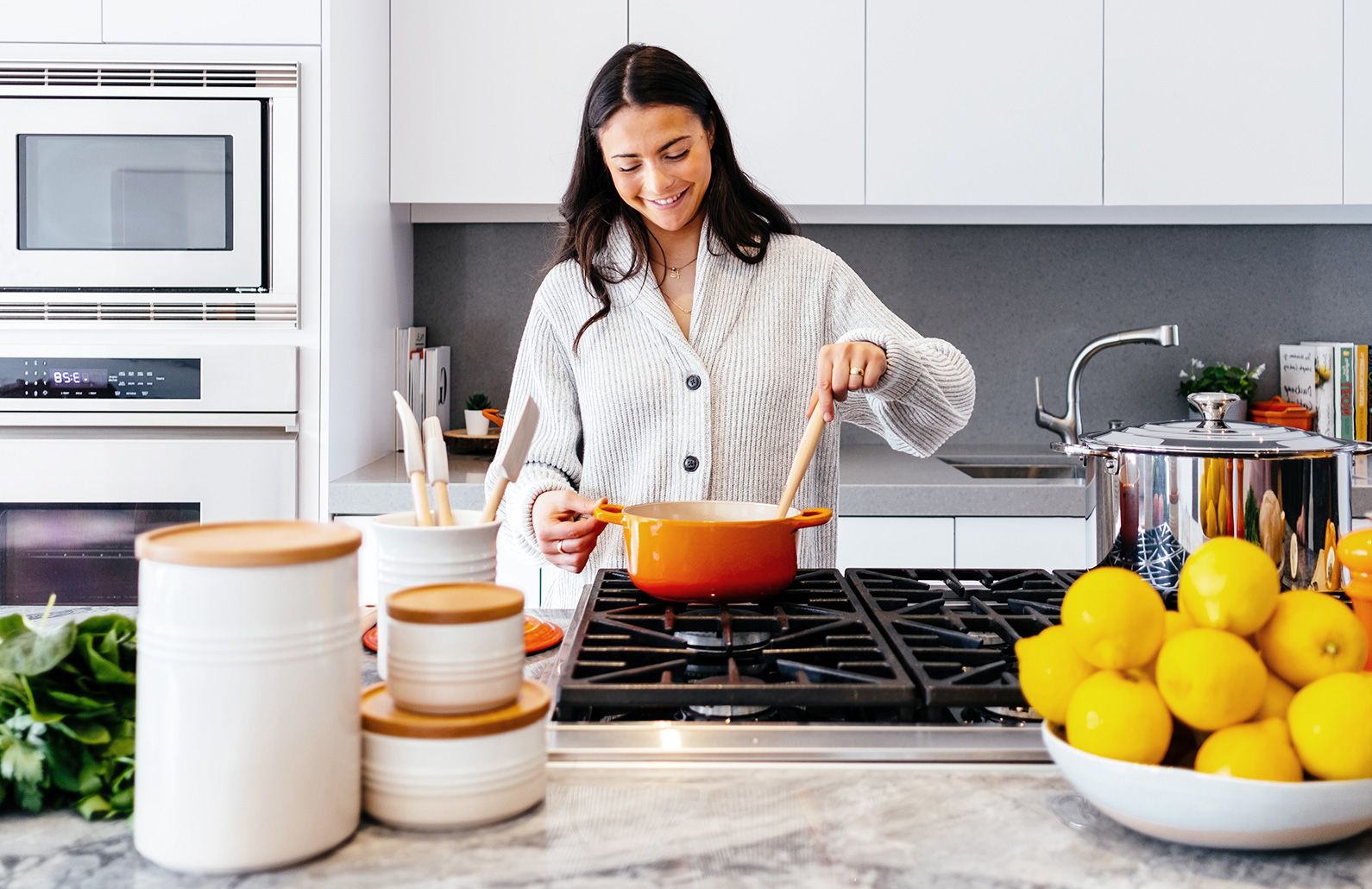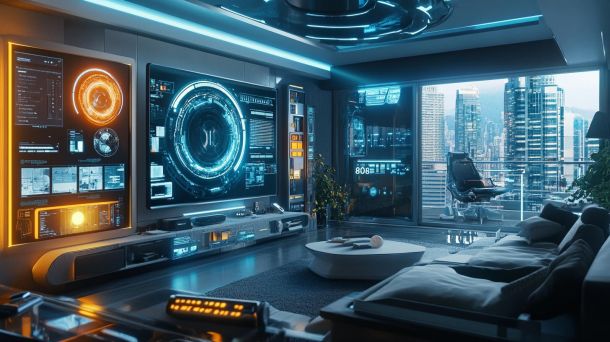Micro Apartment Layout Magic: Smart Design for 2025
Designing a micro apartment layout isn’t just about squeezing furniture into a tiny space—it’s an art form of strategic living! Urban dwellers are increasingly embracing compact living, transforming limited square footage into functional, stylish sanctuaries. The challenge? Making every inch count.

Understanding the Micro Apartment Layout Challenge
Modern urban living demands creativity. With city populations growing and real estate prices skyrocketing, micro apartments have become more than a trend—they’re a necessity. We’re talking about spaces typically ranging from 200-500 square feet, where every centimeter matters!
Key Design Principles for Compact Spaces
- Vertical Thinking: Utilize wall space for storage and functionality
- Multi-Purpose Furniture: Invest in pieces that serve multiple functions
- Minimalist Approach: Embrace decluttering and strategic item selection
Pro Tip: Optical Illusion Techniques
Create visual depth by using light colors, mirrors, and strategic lighting. These design tricks can make your micro apartment feel significantly larger and more open.

Innovative Layout Strategies for Maximum Functionality
Transforming a micro apartment layout requires a holistic approach. We’re not just arranging furniture—we’re designing a living ecosystem that adapts to your lifestyle!
Modular Furniture Solutions
Modern furniture designers are revolutionizing compact living with ingenious modular pieces. Imagine a dining table that folds into a wall, a sofa that converts into a bed, or a kitchen island that becomes a workspace. These transformative furniture pieces are game-changers for micro apartment dwellers.
Smart Storage Innovations
- Under-bed storage systems
- Ceiling-mounted pull-down shelves
- Magnetic wall organizers
- Stackable, collapsible containers
Technology Integration
Smart home technology plays a crucial role in micro apartment optimization. Voice-controlled systems, compact smart appliances, and integrated charging stations can help maximize functionality without cluttering your limited space.
Psychological Considerations of Compact Living
Beyond physical design, successful micro apartment layouts consider mental well-being. Create distinct zones within your space—a work area, relaxation corner, and sleeping zone—to maintain psychological boundaries and reduce feelings of claustrophobia.
Final Advice: Embrace flexibility, invest in quality over quantity, and remember that a well-designed micro apartment can be more comfortable and stylish than a traditional, poorly planned larger space!




